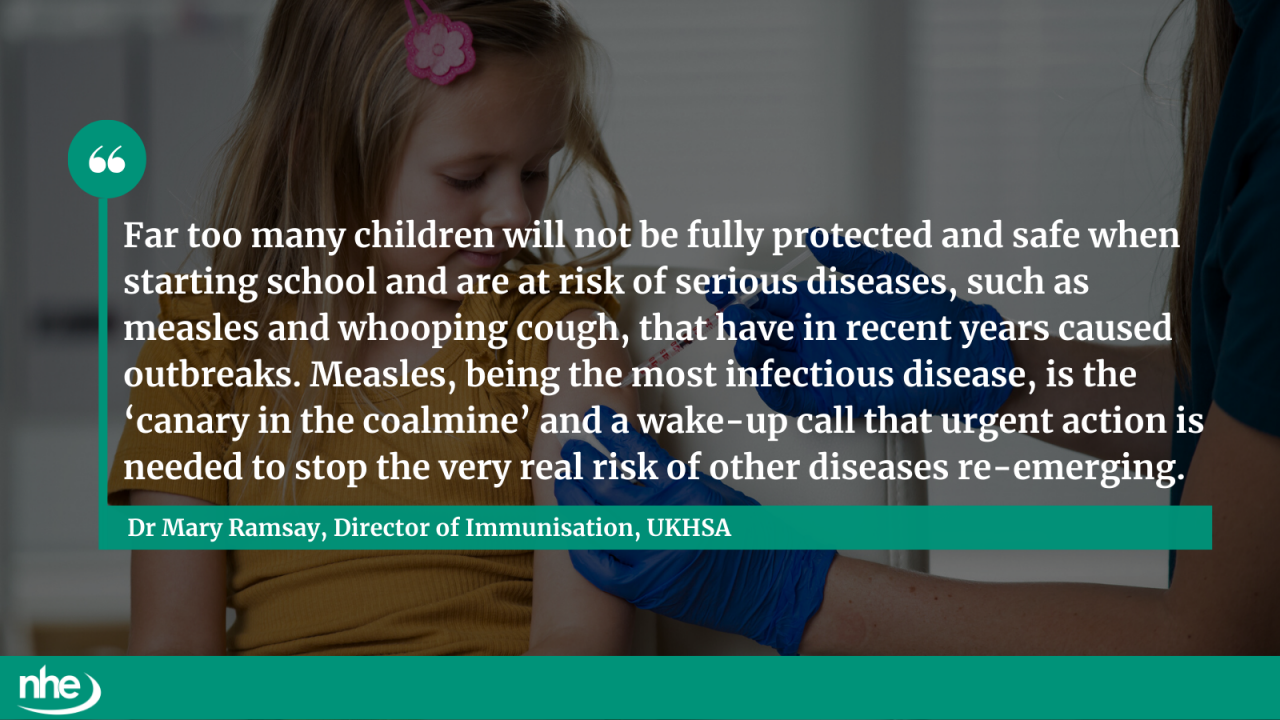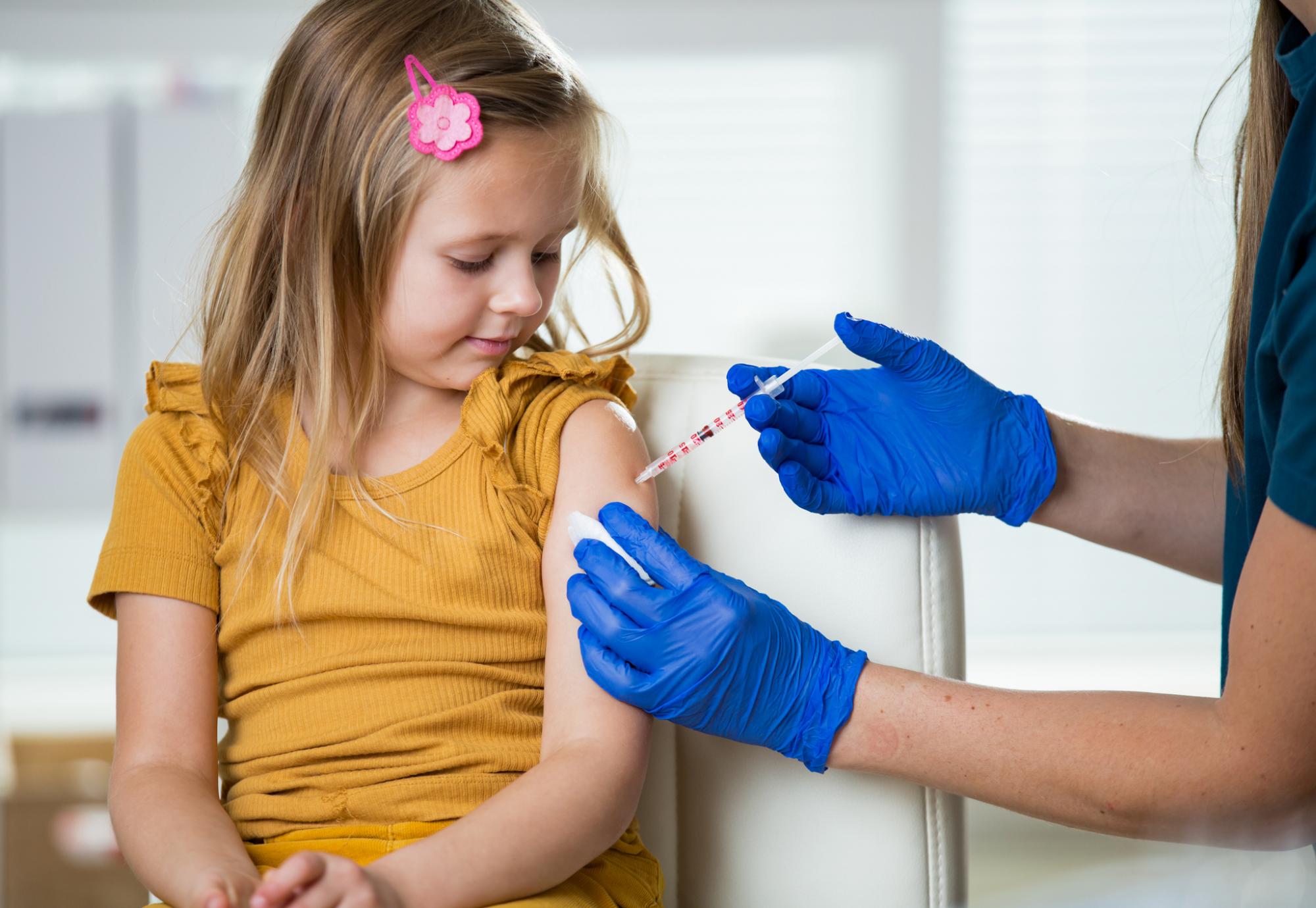As the new school year begins, the UK Health Security Agency and NHS England are urging parents to check their child’s vaccination records and catch up on any missed jabs. New data reveals that nearly 1 in 5 children have not received their pre-school booster, leaving them vulnerable to serious illnesses.
The latest annual uptake figures (April 2024–March 2025) show that 18.6% of children turning five during this period missed the crucial 4-in-1 booster, which protects against polio, whooping cough, tetanus, and diphtheria. This booster is typically given from age 3 years and 4 months and is essential for full protection as children enter primary school.
While most children are fully vaccinated by school age, the latest data shows a decline in uptake compared to previous years. The pre-school booster coverage peaked at 86.3% in 2015–16 but now stands at 81.4% nationally. Outside London, coverage is higher at 85.0%, but regional disparities remain.
Encouragingly, uptake of the 6-in-1 vaccine (which protects against six diseases including hepatitis B and Hib) has increased slightly to 92.8%, though still short of the 95.6% peak recorded in 2016–17.
To address the gap, NHS England and regional Integrated Care Boards (ICBs) are running extra clinics, school-based catch-up programmes, and local outreach projects in areas with low uptake. Early signs suggest stabilisation in MMR1 vaccine coverage, with 91.8% of children receiving their first dose by age five.
Director of Immunisation at the UKHSA, Dr Mary Ramsay, commented:
“Ensuring all our children starting primary school are fully protected is essential to keep them safe and give them the best opportunity to thrive at school. We know that most parents want to do what is best for their children and do have confidence and trust in NHS childhood vaccinations, which save thousands of lives and prevent tens of thousands of hospital admissions every year. But it can be hard juggling busy lives and work, finding time to book and get to the GP appointments.
“Far too many children will not be fully protected and safe when starting school and are at risk of serious diseases, such as measles and whooping cough, that have in recent years caused outbreaks. Measles, being the most infectious disease, is the ‘canary in the coalmine’ and a wake-up call that urgent action is needed to stop the very real risk of other diseases re-emerging.
“That is why there needs to be a concerted effort in providing these vitally important vaccines, to make time to speak and reassure any parents who may have concerns and make it as easy as possible for their children to get vaccinated.
“Parents should check their children are up to date with all their jabs and, if not, contact their GP practice as soon as possible.”

Northern regions continue to lead the way in vaccine coverage, with notable examples including:
- Cumberland Council & Westmoreland and Furness Council – 94.3%
- County Durham & East Riding of Yorkshire – 93.7%
- Barnsley – 92.8%
- Northumberland – 92.3%
These figures contrast with the national average and highlight the importance of localised efforts to boost uptake.
Healthcare professionals are urging parents to check their child’s vaccination status via their GP practice, NHS app, or Red Book, and book any missed appointments. Ensuring children are fully vaccinated is vital for protecting them and others from preventable diseases.
Image credit: iStock



















